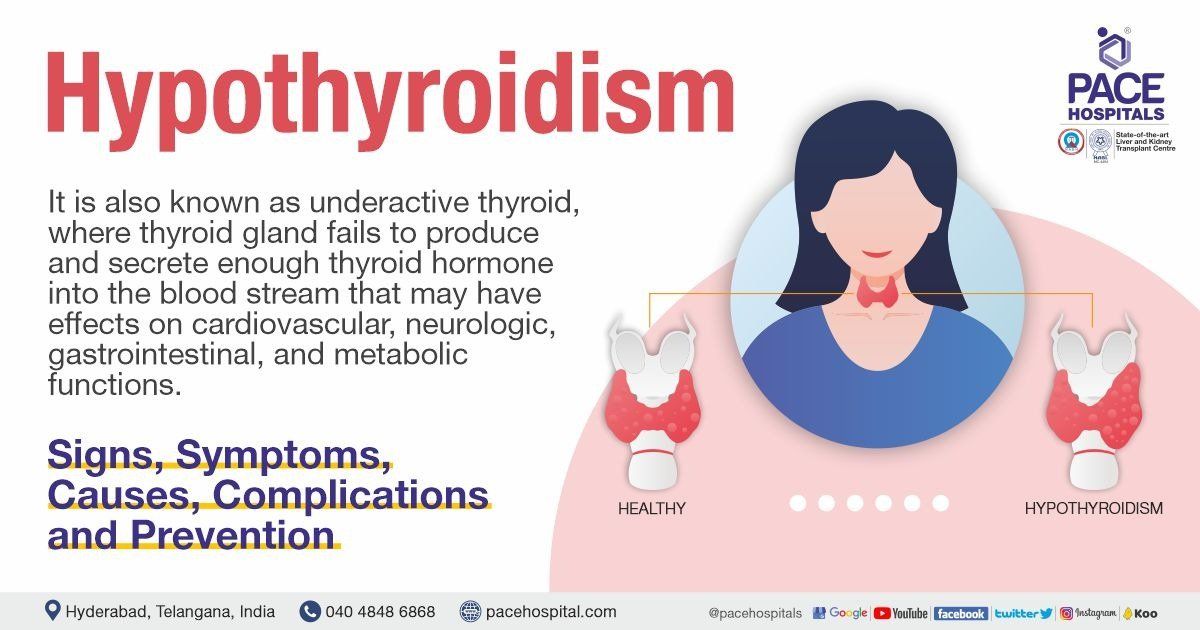Can Hypothyroidism Cause Low Iron

Hypothyroidism, a condition characterized by an underactive thyroid gland, can have far-reaching effects on the body, including its impact on iron levels. The relationship between hypothyroidism and iron deficiency is complex and bidirectional, with each condition potentially influencing the other. Understanding this relationship is crucial for managing hypothyroidism effectively and preventing complications related to iron deficiency.
The Thyroid Gland’s Role in Iron Metabolism
The thyroid gland plays a significant role in regulating metabolism, including the metabolism of iron. Thyroid hormones are essential for the proper absorption, transport, and utilization of iron in the body. When the thyroid gland does not produce enough thyroid hormones, as seen in hypothyroidism, it can lead to impaired iron metabolism.
How Hypothyroidism Can Lead to Low Iron
Several mechanisms through which hypothyroidism can contribute to low iron levels include:
Impaired Iron Absorption: Thyroid hormones are necessary for the proper functioning of the gastrointestinal system, including the absorption of nutrients like iron. Hypothyroidism can lead to decreased gastric acidity and reduced intestinal absorption of iron, potentially resulting in iron deficiency over time.
Increased Iron Loss: Some individuals with hypothyroidism may experience increased menstrual flow or other forms of bleeding, which can lead to a loss of iron from the body.
Altered Iron Utilization: Thyroid hormones influence the production of erythropoietin, a hormone that stimulates the production of red blood cells. Hypothyroidism might affect erythropoiesis, leading to altered iron utilization within the body.
Gastrointestinal Issues: Hypothyroidism can cause gastrointestinal symptoms such as constipation, which may indirectly affect nutrient absorption, including iron.
Symptoms of Iron Deficiency in Hypothyroidism
The symptoms of iron deficiency can sometimes overlap with those of hypothyroidism, making diagnosis challenging. Common symptoms include:
- Fatigue and weakness
- Pale skin
- Shortness of breath
- Dizziness or lightheadedness
- Cold hands and feet
- Hair loss
- Poor appetite
- Restless legs syndrome
Diagnosis and Treatment
Diagnosing iron deficiency in individuals with hypothyroidism involves laboratory tests to measure serum ferritin, transferrin saturation, and hemoglobin levels. Treatment typically involves iron supplementation, which should be guided by a healthcare provider to ensure appropriate dosing and monitoring for side effects.
Managing Hypothyroidism to Prevent Iron Deficiency
Effective management of hypothyroidism can help in preventing or mitigating iron deficiency. This includes:
Thyroid Hormone Replacement Therapy: Ensuring that thyroid hormone levels are within the normal range can help restore normal physiological processes, including iron metabolism.
Dietary Modifications: Consuming a diet rich in iron (both heme and non-heme iron sources) and vitamin C (which enhances iron absorption) can help maintain adequate iron levels.
Regular Health Check-ups: Regular monitoring of iron levels, particularly in individuals with hypothyroidism, can help in early detection and treatment of iron deficiency.
In conclusion, the relationship between hypothyroidism and low iron levels is significant, with hypothyroidism potentially contributing to iron deficiency through various mechanisms. Recognizing the signs of iron deficiency and managing hypothyroidism effectively are crucial steps in preventing and treating iron deficiency in individuals with hypothyroidism.
Can hypothyroidism cause iron deficiency anemia?
+Yes, hypothyroidism can contribute to iron deficiency anemia. The condition affects the body's ability to absorb iron and can lead to gastrointestinal issues that further exacerbate iron loss.
How is iron deficiency diagnosed in individuals with hypothyroidism?
+Diagnosis involves laboratory tests to measure serum ferritin, transferrin saturation, and hemoglobin levels. A physical examination and detailed medical history are also essential for an accurate diagnosis.
Can treating hypothyroidism help improve iron levels?
+Yes, effective management of hypothyroidism with thyroid hormone replacement therapy can help restore normal physiological processes, including iron metabolism, thereby potentially improving iron levels.
Understanding the interplay between hypothyroidism and iron deficiency is essential for comprehensive patient care. By recognizing the potential for hypothyroidism to contribute to iron deficiency and taking proactive steps in management and prevention, healthcare providers can significantly improve the quality of life for individuals with hypothyroidism.


